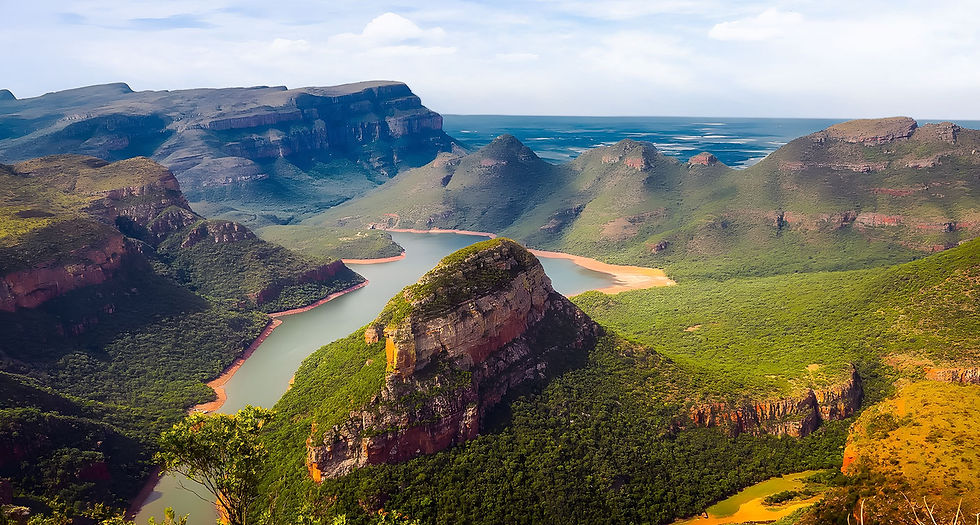top of page



Experience the classic South African safari
Southern Africa’s largest country by some way with a diversity of environments and people that no other Southern African country can match by virtue of its size and position. This country has by far the most developed tourism infrastructure in Africa which is not focused solely on the safari aspect, so there is so much to do here that can be built into a “normal” safari to make this a very memorable experience which can include the coastal areas which have both cold Atlantic seas or the Warm Indian Ocean. The beautiful winelands of the Western Cape, the historic and beautiful Cape Town, the vast private wildlife reserves scattered around the country in very different ecosystems, the huge Kruger and Greater Kruger reserve and so much more. This is really a country that is difficult to take in within the usual holiday time frame.


Get a taste of it all
When considering South Africa as a destination you can really think outside the box as you have such a diversity of tourism offerings here that cover so many different interests that are not all about wildlife but easily combined into an amazing holiday experience. Its key wildlife areas for your big mammals would be the Kruger area, the Eastern Cape and the Limpopo valley area. All very different from one another and with multiple camps in each of these areas there is always something to suit anyone’s budget and travel style. Enjoying a tour of various wineries in the Cape, the cradle of mankind caves, the marine parks of Kwazulu Natal, the famous colonial battlegrounds between Zulu and British forces, incredibly diverse cultural events from contemporary to traditional. There is a lot to do here.
What you need
to know
Things that are worth knowing about when traveling to South Africa

Sterkfontein Caves
Also referred to as the cradle of mankind with some of the most significant and ancient hominid finds - over 90000 fossils found, the most ever in one place anywhere in the World. It also has a World Class Museum displaying and explaining the finds and work here plus beautiful walks through these limestone caves filled with Stalactites – worth a morning or afternoon out of Johannesburg to explore.

Sodwana Bay
A protected marine area within the Isamgaliso Wetland Park and rated as one of the best dive areas in the World along the Kwazulu – Natal Coast. It has beautiful reefs with a myriad of marine life and large marine mammals to be seen here, it is easily combined with drives to the close by safari areas of Mkhuze where you can see your Big 5 land animals. A real beach and bush destination

The Big Hole
If the colonial history of Africa is of interest to you then this place is right up there as one of the most significant parts of it. The Big Hole in Kimberley is where in the later half of the 1800’s the biggest Diamond find the world had seen was made and what became the start of the famous De Beers mining company which then financed the colonial expansion across Southern Africa into what is today Zimbabwe, Botswana, Zambia and Malawi. An interesting place with a great museum displaying artefacts and images from the time.
Discover South Africa
on safari
We specialise in custom designing your adventure from start to finish. However, sometimes you could use a little inspiration.

Conservation Impact Safari to South Africa
This safari combines the beautiful Cape Town area with the exceptional wildlife that occurs in the Kruger and Sabi Sands Area but most importantly is the conservation work that you will get hands on experience with, like de-horning a rhino, collaring a predator or perhaps a giraffe for research purposes. This is a fantastic experience for a family group.
10
nights
3
camps
bottom of page






